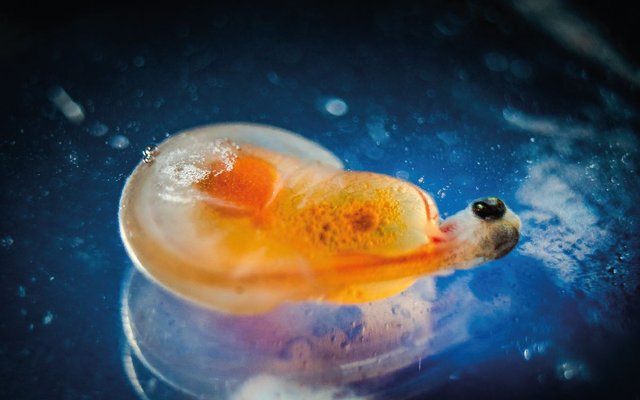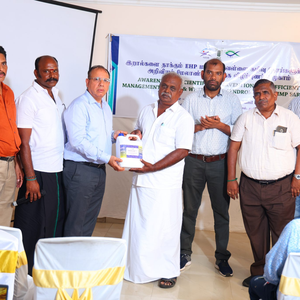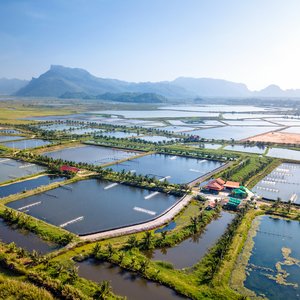PHARMAQ Analytiq and Cedai Aquaculture are developing a diagnostic service to determine the viability of Atlantic salmon eggs. Researchers estimate that it will have an accuracy of at least 85-90%, based on the morpho-functional quantification of the embryo using proprietary computational algorithms.
Of the 537 million eggs produced as of November 2021 in Chile, 30-50% suffered from embryonic death, which is equivalent to more than 50 million eggs lost per year. This, in turn, means losses close to 25 million dollars. These losses are associated with the fact that, during the incubation stage, the embryos can be affected by various congenital pathologies that can go unnoticed by current inspection methods, turning into morbid larvae that remain in the production chain, reducing yields, increasing costs and affecting cultivation conditions.
PHARMAQ Analytiq is developing a solution that “is an embryo diagnosis service, based on the quantitative analysis of images – by our own software codes – to discriminate between healthy eggs and those with congenital alterations. It will also detect and quantify specific morphofunctional malformations in pre- and post-hatching embryonic stages,” explained the project leader and business unit director of PHARMAQ Analytiq, Carlos Lobos.
This technology will allow batches of embryos with malformations to be discarded, avoiding the economic losses associated with raising non-viable biological material. PHARMAQ Analytiq is supported by CEDAI Aquaculture. “It will be possible to improve the incubation of eggs by prioritizing the culture of viable embryos, optimizing the culture conditions since certain congenital defects may correspond to disorders acquired during the incubation of the eggs, and allowing the adequate selection of breeders based on the greatest potential to generate healthy embryos,” said Eduardo Pulgar, from CEDAI Aquaculture.
A multidisciplinary team in the areas of biomedicine, fertility, embryonic development, computer engineering and business is working on this project. This initiative is part of a two-year project, Diagnosis of Salmo salar eggs based on morpho-functional embryonic quantification, funded by Innova of Corfo and PHARMAQ Analytiq, part of Zoetis.












